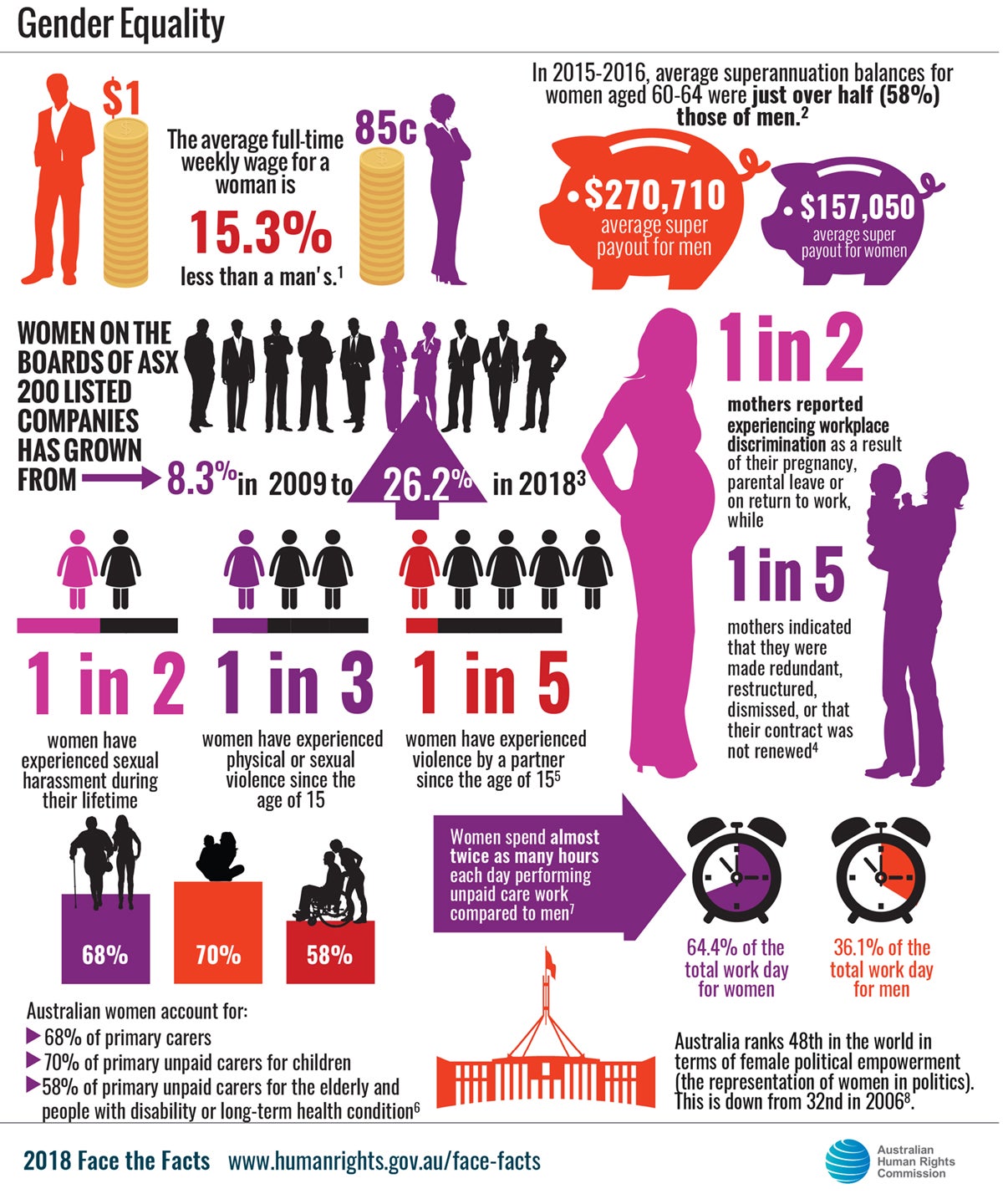Gender inequality still rife in Australian firms: Report – StartupSmart
More than 25% of Australian employees believe their employer would choose a man over a woman for a role they were equally suited to, new research reveals.
The research, conducted by HR firm Randstad, is based on a survey of approximately 400 Australian workers aged 18-65, working a minimum of 24 hours a week in a paid position.
Only 40% of the male respondents say their employers, when looking for new managers, take into account the current number of men and women in higher management positions, compared to 25% of female respondents.
Randstad chief executive Fred van der Tang says it is concerning that only a quarter of women recognise their employer’s efforts to address gender imbalance.
“It’s also of concern there is such a large disparity between the perceptions of men and women when it comes to the efforts of their employers to recruit more women into leadership roles,” he says.
“If men believe one thing and women believe another, something is clearly missing.”
Meanwhile, 28% of survey respondents say even when there are equally suitable candidates, their employer tends to choose a man, regardless of the current male to female ratio.
More than a third say they would prefer to have a man as their manager, compared to only 20% who say they prefer to have a woman in charge.
And while 44% of females say they prefer to work with men, only 23% of females say they prefer to work with their own gender.
The report also found almost 80% of male employees currently have an immediate superior who is male, compared to only 47% of female employees.
Randstad organisational psychologist Kellie Rigg says while it appears women are managed equally by men as by other women, men tend to be managed more often by other men.
“Perhaps more importantly, it also confirms across the board more Australians have a male leader, as indicated by 63% of respondents,” Rigg says.
“Unfortunately, the existing underrepresentation of women in leadership roles perpetuates the imbalance.”
“The traditional male dominance in leadership positions… means many Australians may not be accustomed to, or expect to have, a female leader.”
According to van der Tang, employers have a long way to go to completely eradicate gender bias in leadership hiring.
When sourcing employees, van der Tang encourages employers to source a range of diverse candidates – both male and female – for each position.
“It’s important to emphasise that all hiring decisions should always be based on merit. That is, who is considered to be the best fit and the best person for the job,” van der Tang says.
“During the recruitment process… ensure a range of candidates are presented, whether gender-based or otherwise, to encourage diversity.”

